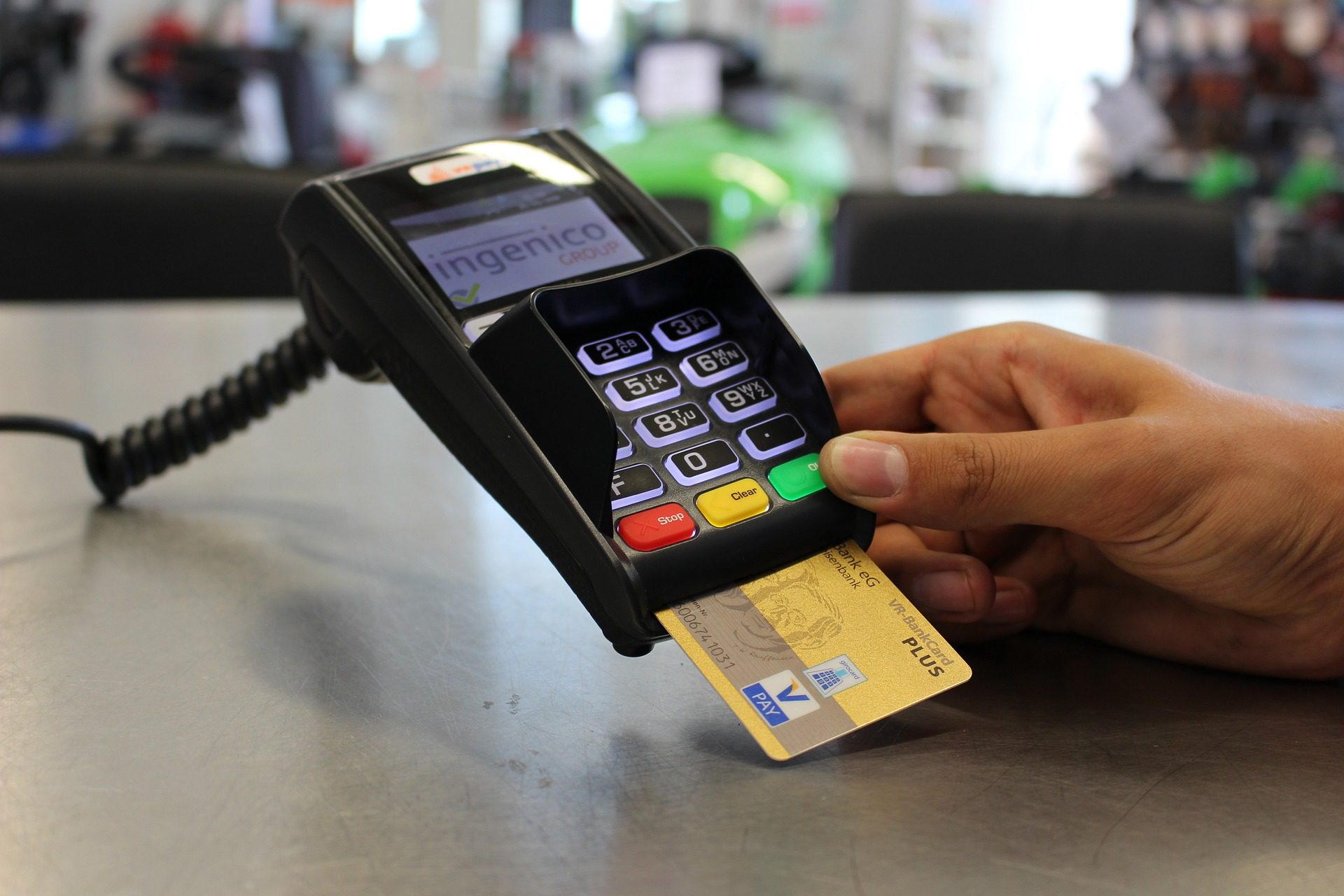

Technology has been a game-changer in the hospitality industry. From booking accommodations to making payments, technology has transformed the way we experience hospitality. In this article, we will explore some of the new technologies that are helping the hospitality industry and what the future holds for technology in this sector.
New Technology in Hospitality
Contactless technologies are more popular than ever, whether that is paying via contactless means at a restaurant (either by using a contactless card or paying for their meal from their table through an app or browser), or contactless check-in and check-out at a hotel or B&B, i.e. checking in/out of their accommodation without interacting with staff members. This technology has become increasingly popular during the COVID-19 pandemic as it allows guests to maintain social distancing and reduces the risk of transmitting the virus. Contactless services are made possible by technology such as facial recognition, mobile apps and kiosks. As well as being more hygienic and often a quicker experience for customers, these contactless tactics allow staff to focus on other tasks, saving time and money.
Another technology that is helping the hospitality industry is chatbots. Chatbots are AI-powered bots that can assist guests in booking reservations, answering frequently asked questions and even ordering room service. Chatbots can be integrated into the websites and mobile apps of hotels, restaurants and tourist attractions, making them easily accessible to guests and customers. This technology not only improves guest experiences but also helps businesses save time and money by reducing the need for staff to answer repetitive questions.
Technologies such as virtual reality and augmented reality are also becoming more prevalent in the hospitality industry. Virtual reality allows guests to experience a hotel or resort before they even arrive, giving them a better understanding of the property and what it has to offer. Augmented reality can also be used to enhance guest experiences, such as by providing interactive maps or virtual tours.
The Future of Technology in Hospitality
As technology continues to evolve, we can expect to see even more advancements in this sector. One trend that is likely to continue is the use of AI and machine learning. These technologies can help hotels, resorts, B&Bs and other businesses personalise guest experiences, anticipate guest needs and even predict future demand.
Another technology that is likely to become more prevalent is the Internet of Things (IoT). IoT technology can be used to create smart rooms that can adjust lighting, temperature and other factors based on guest preferences. This technology can also be used to track guest preferences and behaviours, allowing hotels to tailor their services to each individual guest. IoT isn’t just customer-facing either; all sorts of hospitality businesses can use integrated technologies to, for example, automate stock counts and to make heating and lighting more efficient throughout their sites.
Finally, we can expect to see even more contactless technologies in the hospitality industry. As guests become more accustomed to contactless experiences, hospitality providers will need to continue to adapt to meet these expectations. We can expect to see more mobile apps, kiosks and other technologies that allow guests to interact without physical contact.
Businesses that are able to adapt to these technologies will be better equipped to provide exceptional guest experiences and stay ahead of the competition.
How can Stewart Hindley help?
If you’re thinking about getting into the hospitality industry, or want to expand your current business, get in touch with a member of our skilled and experienced team who will help you achieve your goal.



